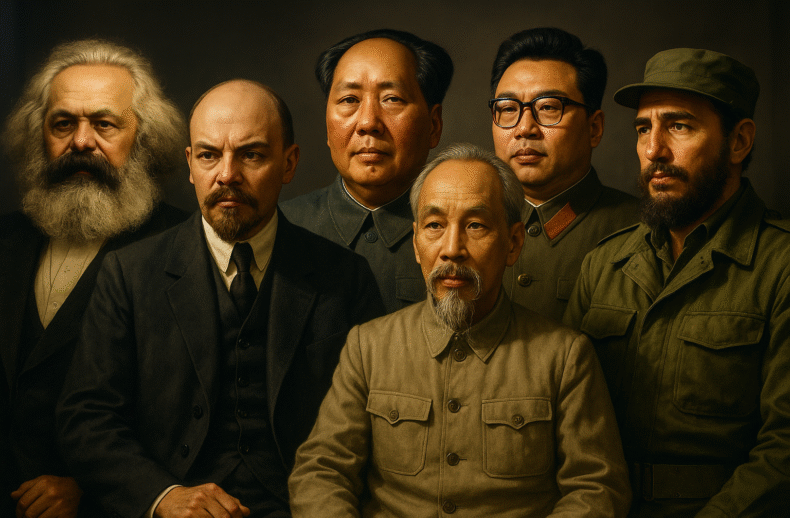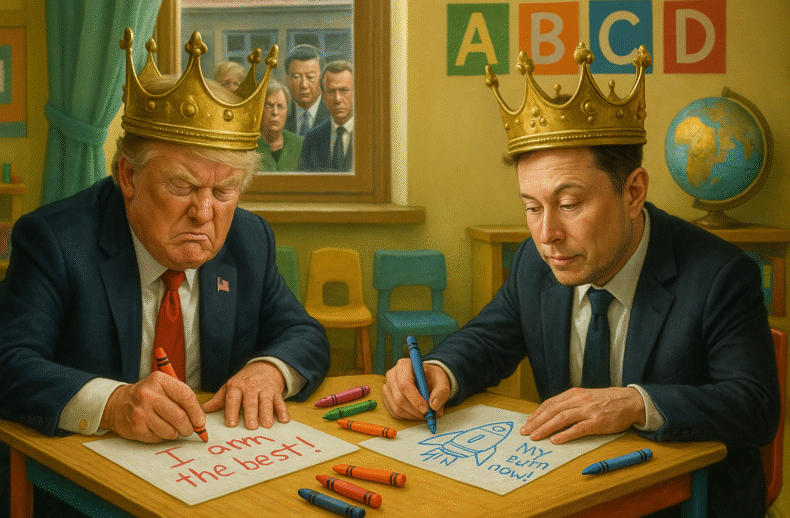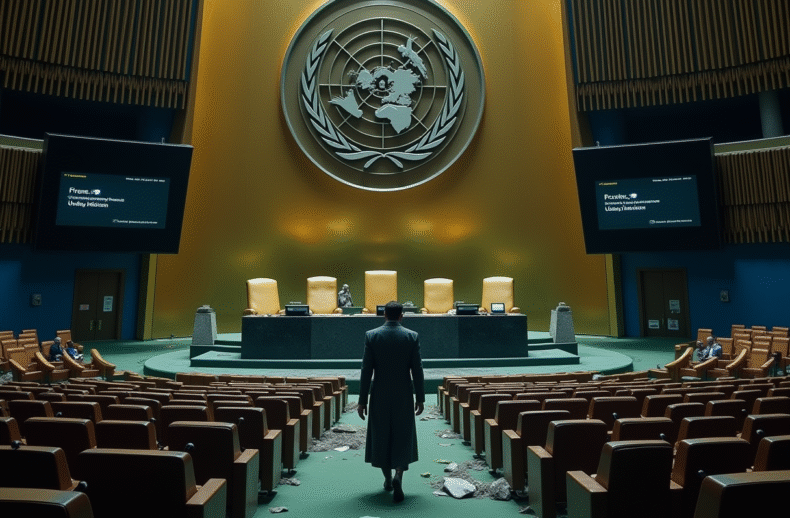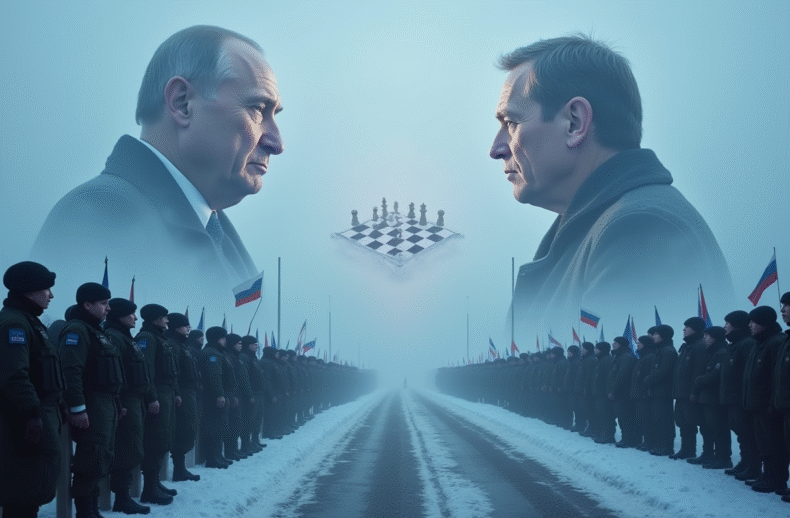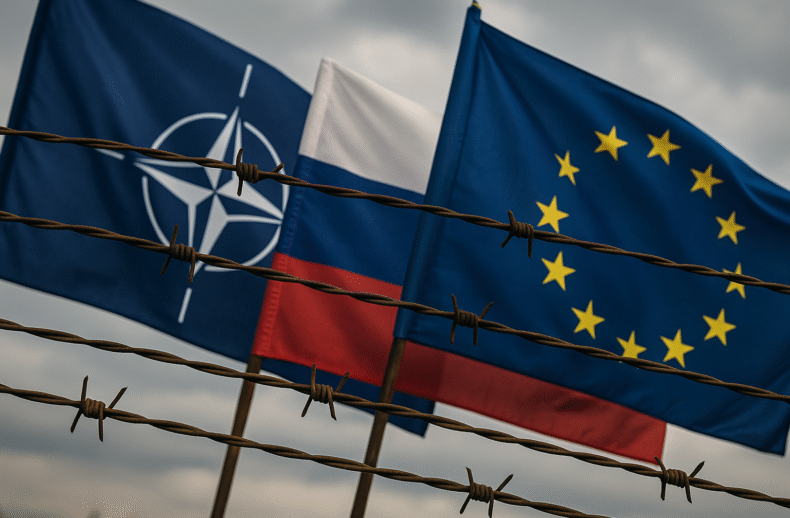As the global economy approaches a point of no return, the collapse of the US dollar and Treasury bonds signals more than a financial crisis—it marks the unraveling of the entire industrial world order. This essay examines how the BRICS bloc is quietly escaping the symbolic grip of the dollar while Western allies remain trapped in denial and dependency. It explores why true reform is impossible within a system addicted to growth and recognition, and why collapse—not revolution—will be the catalyst for a new global structure based on contribution, not performance.



